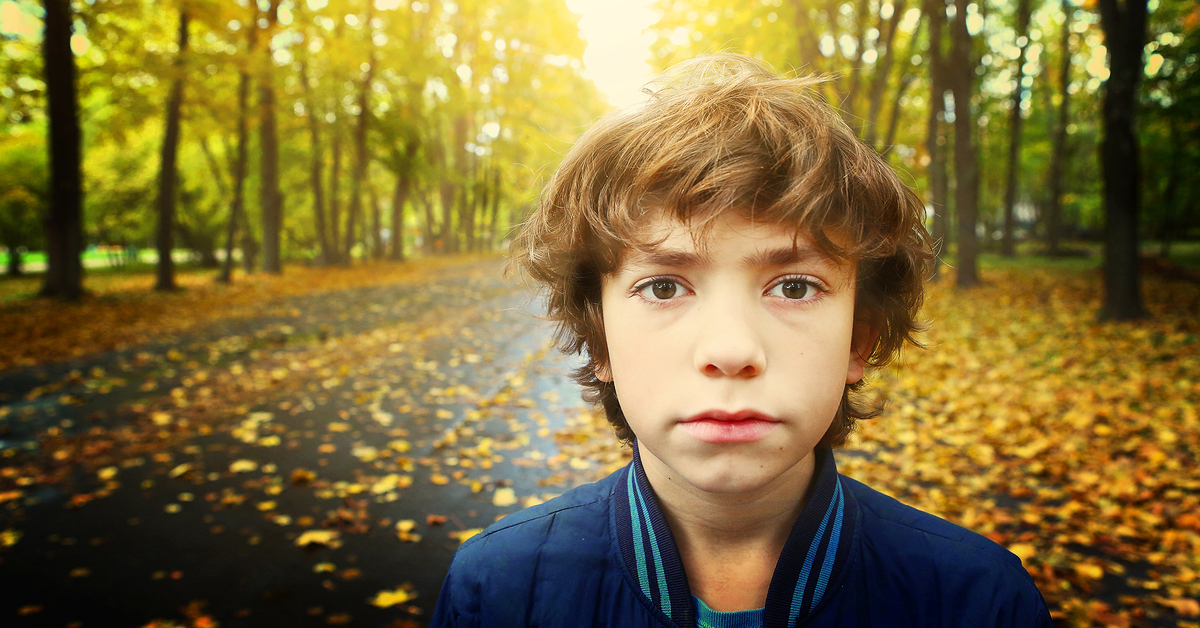
Symptoms of Teens with Reactive Attachment Disorder (RAD)

Residential Treatment Centers Troubled Boys
Liahona Academy


Other topics you might be interested in reading
If your teen is like other teens, you might marvel at their remarkable capacity for extended periods of sleep. At the same time, you might also wonder how much sleep is too mu Read the full article
As parents, we frequently picture a future with our kids full of love, joy, and priceless memories. But when an adolescent exhibits aggressive conduct, that dream can soon com Read the full article
For a lot of teenagers, school can be a difficult place, causing negative behaviors to increase. These behaviors can result from a variety of factors, such as not understandin Read the full article
As parents, it’s normal to look at our children and think about how they’ve changed throughout the years—both positively and sometimes negatively. This is never more evi Read the full article
Leave a Reply